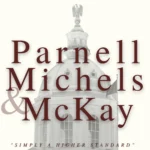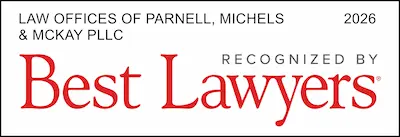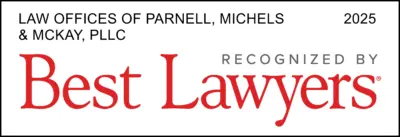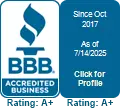How Do You Choose the Right Successor Trustee for Your Revocable Living Trust?~2 min read
A revocable living trust is an agreement between the owner of property which is placed into trust (the “Grantor”) and an individual or a professional fiduciary (the “Trustee”) who agrees to manage the property on behalf of the beneficiaries of the trust. Generally, you, as Grantor, are both the initial Trustee and the beneficiary of your revocable living trust.
Once you are either deceased or no longer competent, the Successor Trustee steps in to manage all matters that relate to your trust. The Successor trustee would be tasked with managing the accounts and property owned by the trust, keeping all beneficiaries of the trust informed about the status of the trust, including what the trust owns, income that the trust has received and what expenses have been paid from the trust assets. The Successor Trustee would also be required to distribute the Trust assets pursuant to your instructions upon your death. The Successor trustee is also expected to file any tax returns and deal with any litigation involving the trust. The Successor Trustee will often employ professionals to assist them, such as an attorney or accountants.
Before deciding who to choose as your Successor Trustee, it is helpful to review some traits that make a successful Trustee. It goes without saying that the person you choose should be trustworthy. Because they are required to manage your affairs while you are incompetent or after your death, they should also be organized and have good communication skills. You may choose one Successor Trustee to manage your affairs while you are incompetent and another to take over after your death. The trustee who you choose to manage your estate and your person while you are incompetent should generally live nearby. Another consideration is the person’s availability. If your child has a job which requires them to work long hours or extensive travel, they may not have the time that is required of a Successor Trustee.
Generally, most Grantors choose one of their adult children as a Successor Trustee. Other options are a close relative or friend. In either instance, you should discuss the details of your Trust with your Successor Trustee in advance. There may be situations when a professional fiduciary is the best choice as a Successor Trustee such as a very complicated estate plan or if you do not have someone you trust to carry out the terms of your Trust.
If you need help with your estate plan, including helping understand a selection of a successor trustee, then contact the experienced attorneys at Parnell, Michels & McKay to help you make the best decision for you and your loved ones.
We have 2 office locations: 25 Nashua Rd., Suite C5, Londonderry, NH 03053. Phone number is (603) 434-6331. Our 2nd office is at 137 Main St., P.O Box 669, N. Woodstock, NH 03262. Phone number is (603) 745-8600.
Our firm blends advocacy oriented practice with effective practical solutions for all our clients in Londonderry, N. Woodstock, and throughout New Hampshire. The attorneys at Parnell, Michels & McKay provide effective representation and counseling to assist our clients facing legal questions. We simplify the process so our clients can understand and are able to participate as partners in the resolution.
Our practice includes personal injury law such as motor vehicle accidents, falls, dog bites, workers compensation, social security disability, and other injuries.
We also practice family law, including divorce, post-divorce, unwed custody and property division, and collaborative divorce, and have extensive experience in bankruptcy, probate, boundary disputes, estate planning, corporate formation and other real estate litigation.















